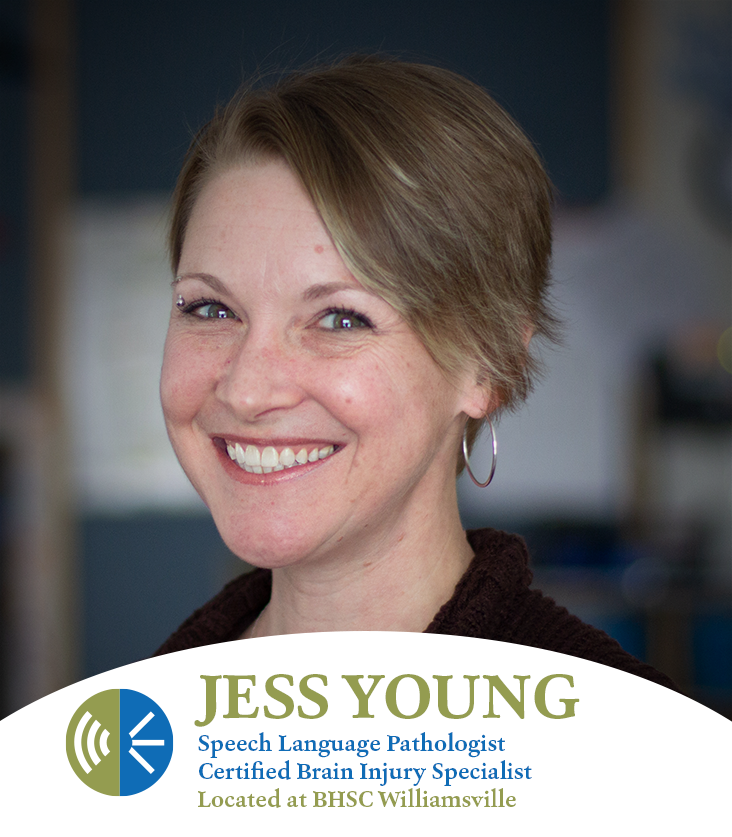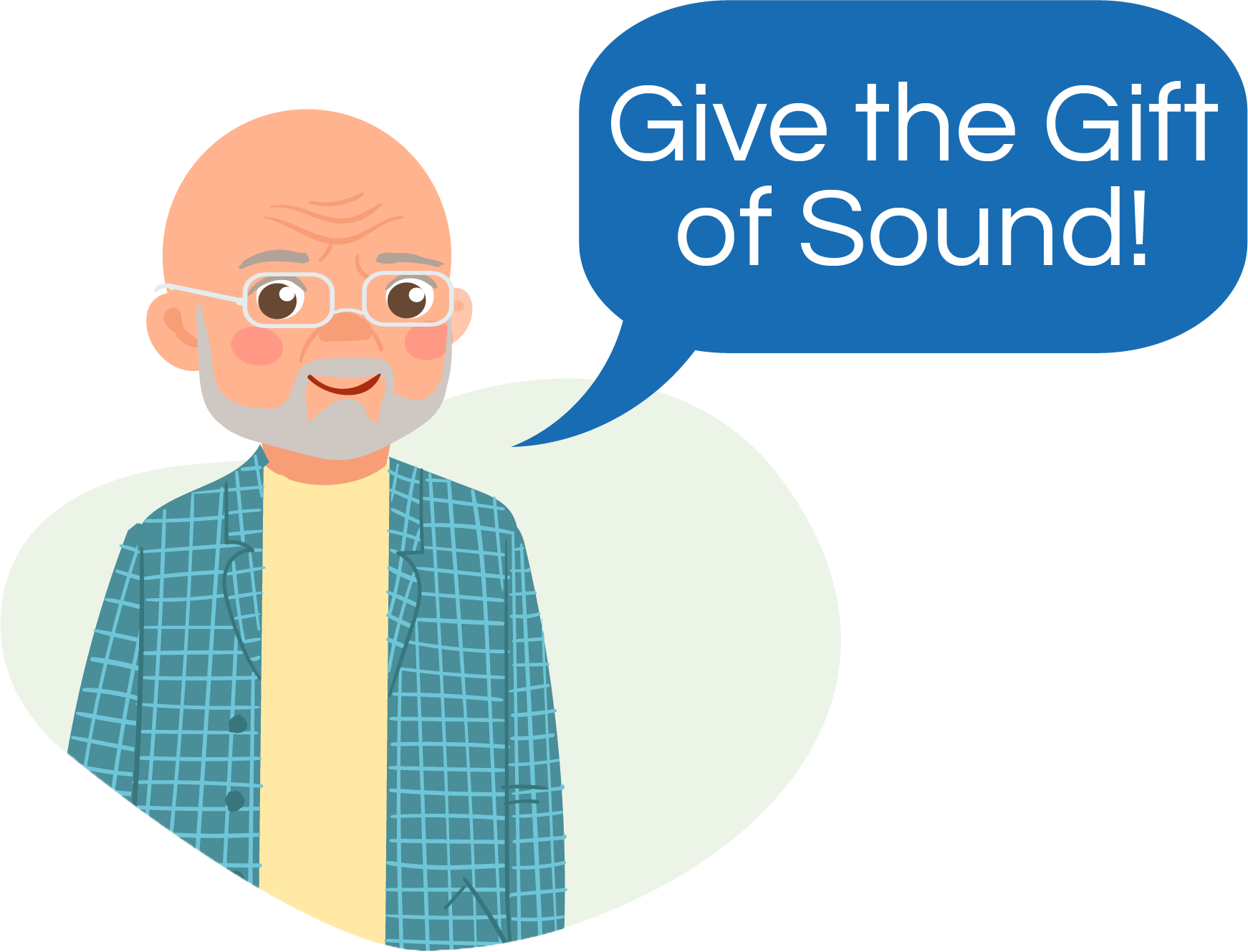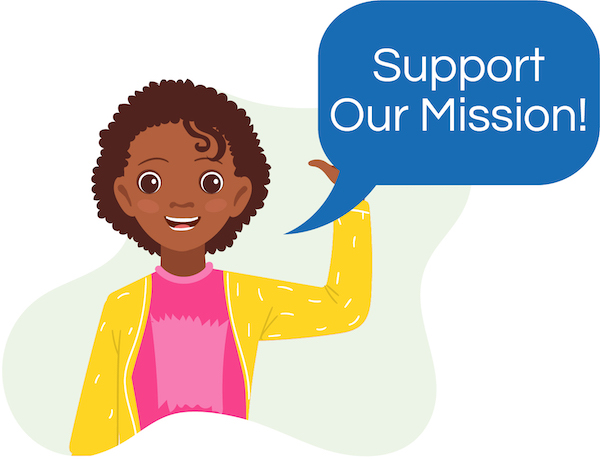Jessica Young has been a Speech Language Pathologist for over 14 years and at BHSC she specializes in working with adults who have sustained brain injuries specifically those who have cognitive impairments. She recently obtained a nationally recognized credential: Certified Brain Injury Specialist and is currently the only SLP in the area with this certification! Jessica works at the Amherst location of BHSC and took the time to answer a few questions about her profession, brain injuries and new certification.
You’ve been an SLP for over 14 years, and at Buffalo Hearing & Speech Center, you specialize in working with adults with brain injury and those with cognitive impairments. Recently, you obtained a nationally recognized credential: Certified Brain Injury Specialist, congratulations!
Tell us about your professional background and experience and what led you to specialize in working with individuals with brain injury?
I became very interested in working with adults with language and cognitive impairments while I was studying to get my Masters at Columbia University. While at Columbia I assisted with founding the Neurocognition of Language Lab which utilized electroencephalography (EEG) and fMRI to study brain activity and structures involved in communication. Through my research I became increasingly interested in how an injury to the brain impacted a person’s ability to communicate. After graduating in 2005 I began my career as a Speech Language Pathologist at the JFK Johnson Rehab Institute, Center for Brain Injuries, Cognitive Rehabilitation Department in Edison, New Jersey.
There I worked on interdisciplinary teams that included Neuropsychologists, Physical Therapists, Occupational Therapists, Counselors, Social Workers, Education specialists and of course other Speech-Language Pathologists. Many of my colleagues had decades of experience with the treatment of brain injuries, including my director Dr. Keith Cicerone, whom is a world-renowned expert in neuropsychology and cognitive rehabilitation. I got to learn from the best and be supported by the wealth of knowledge my other colleagues provided every day. One of my favorite moments as an early clinician was when Dr. Cicerone was conducting my annual performance review and indicated that I am trusted to handle any case he put in my care.
What is the ACBIS and what does it mean to be a CBIS (Certified Brain Injury Specialist)?
The CBIS certification provides recognition of an individual’s advanced training and work experience in brain injury services. ACBIS stands for the Academy of Certified Brain Injury Specialists and it was founded in 1996. The ACBIS was created after research found that professionals who worked in specialized brain injury units felt that, due to the needs of the population, more detailed and specific training was necessary and required. The ACBIS works to provide education, training, certification, and ongoing resources for specialists in the brain injury community in order to improve the quality of care for individuals with brain injury.
In order to become a certified brain injury specialist (CBIS), one must have 500 hours of experience as well as pass an exam covering a variety of topics with regards to brain injury and injury related changes.
What are some of the daily challenges faced by those with brain injuries?
While every brain injury is different, one of the overwhelming challenges faced by individuals who have sustained a brain injury is what is called the “invisible injury”. While this is not always the case, many individuals do not “look” as though they have an injury. This can be a double edged sword for many people. They are able to walk about in the community without worry that someone is going to look at them differently because of a potential disability, however when they attempt to describe what they are struggling with from the cognitive or communication perspective they are met with “But you look fine!”. Many people do not understand that noise, lights and busy environments can debilitate an individual who has sustained an injury. Even a waiting room with kids playing can negatively impact how a person is feeling and affect them for the remainder of the day and even days after. To give some perspective, consider how something as seemingly minor as Tim Horton’s not having the type of bagel you wanted, leading to not being able to get anything done for the rest of the day. That is the experience of a person who has sustained a brain injury.
In addition to managing the environment, individuals who have sustained a brain injury can have changes in memory, attention, word retrieval, processing speed and comprehension amongst other deficits. These deficits impact a person’s ability to complete activities of daily living and work. Sometimes even cooking a small meal can be difficult and even dangerous if not supervised.
What do you like most about the work that you do? How do you help those individuals and their families or caregivers?
What I like most about the work I do is watching patients grow and improve through the recovery process. Something that was discussed at a recent training is that brain injury is a chronic illness, and the deficits a person is experiencing do not necessarily resolve completely. It was noted that although insurance companies are looking for PROGRESS, our goal as clinicians is to help each individual through the PROCESS. Every day is a new challenge and it will continue for longer than most people expect.
First and foremost my work is to provide support and education regarding brain injury related communication and cognitive changes. For many patients and families, very little information about what to expect has been provided to them. Many times the patient can feel like they are “going crazy” when their ability to think and communicate suddenly becomes difficult. Within treatment sessions we work together to develop and implement strategies to compensate for deficits, as well as participate in therapeutic tasks targeting restoration of skills through the principles of neuroplasticity.
What would you or your clients like those in the community to know about brain injuries those who are dealing with the effects of a brain injury?
I think I leave that to my patient’s themselves. These are some quotes provided to me from my patients for last year’s brain injury awareness month.
I would like to see more awareness and more care. It’s hard for us [individuals who has sustained a brain injury] to get the proper care that we need. And it’s an unspoken, unheard of. I would like to more help for us because a lot of people don’t understand. People think concussion is you just bump your head and can’t go to sleep, and then you go on about your way. More awareness and more acknowledgment that this is real, and it’s not just the football players that endure.
~Joyce – Post Concussive Syndrome
Just because it’s not seen, doesn’t mean that it shouldn’t be heard about. Just because you can’t see the injury, doesn’t mean it shouldn’t be heard about.
~Sarah – Concussion
It’s a disability, it’s the invisible illness. People don’t see anything is wrong with you. But yet they don’t see what it takes to get where you are. You may have a smile on your face, but they don’t understand behind this it takes me so much longer to just process basic words and basic thoughts that you just took for granted before.
~Nikki – Multiple Concussions
It’s hard to concentrate and comprehend fast enough, what they’re saying. That the simple task, they find easy, that can take them 2 seconds can take me 3-5 minutes. When they’re able to do something that they do every day, sometimes it’s harder for me to do it. Just remembering to take down the laundry. I didn’t realize concussions had different long term effects.
~Alexis – Concussion
This [Cognitive Rehabilitation] has been the biggest help to me, because it’s more like learning than me “spilling my beans”. With counseling and this together and my meetings and the whole thing I’m able to keep my life together.
~Darren – Traumatic Brain Injury
That just because I look the same, that I’m not the same person. I’m dealing with so many things that aren’t apparent on the outside. You end up giving up so much of yourself. There are so many deficits that you have and if you don’t give certain things up you may be in a place of hurting yourself or somebody else and people don’t see that. They just see your body and not your mind and they have no clue what’s going on.
~Cheryl – Concussion
It’s like living in a brain that isn’t yours, trying to live in a brain that isn’t yours. Because you’re living but it’s like you can’t think, you can’t talk, you can’t think because everything was wiped out. And you’re trying to live but you have no quality of life.
~Jenn – Anoxic Brain Injury
I wish that my invisible injury wasn’t so invisible, so other people could see the struggles I go through on a daily basis.
~Katie – Concussion
It’s doesn’t mean that we’re slow or stupid. We know what we’re trying to say but it doesn’t come out right and people presume we’re stupid. You know, you’re not a crazy person, you’re not stupid. The info is there it’s just not coming out right. We don’t need to be talked down to.
~Art – Stroke
Bright LED lights physically hurt. Loud music and bright colors and crazy patterns make my system want to shut down. So like in stores, I can’t make decisions. At events if at all possible try to cut down on the strobe lights. Maybe more seating placements for people with brain injuries.
~Angie – Concussion




